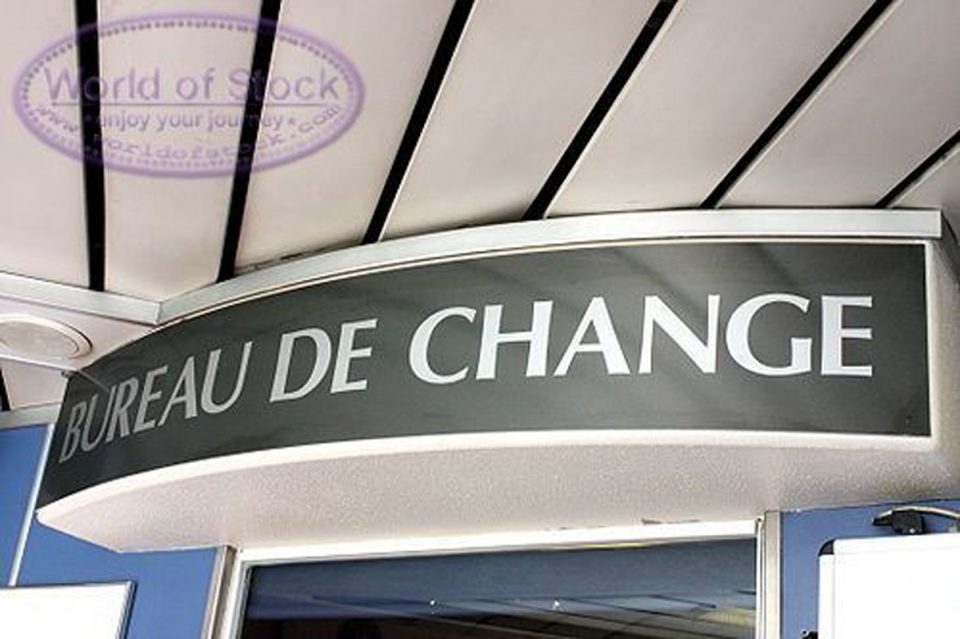Some days ago, the Central Bank of Nigeria (CBN) rolled out yet another measure (not necessarily a new one at that) to address what it considered a better approach to managing the nation’s intractable foreign exchange market. By the decision which has elicited varied reactions already, the Bureau De Change (BDCs) segment was once again axed from forex allocation from the CBN. The apex bank even went a step further by refusing to licence more BDCs.
As is synonymous with most government policies, this one came without any interaction, or consultation with the BDCs, notwithstanding their critical role in the forex market chain. Nonetheless, the CBN hinged its action on alleged culpability of the BDCs in aiding graft ( a common phenomenon in Nigeria), money laundering and other vices. Under the new arrangement, only Deposit Money Banks (DMBs) are eligible to have access to forex from official sources.
As things stand, the medium to the long-term role of the BDCs remains hazy and a matter of conjecture as the CBN is yet to elaborate on the future existence of the BDCs in so far as forex intermediation between the apex bank and end-users is concerned.
Expectedly, barely 24 hours after the policy announcement, the forex market at the parallel segment, has spoken – the $/Naira exchange rate has widened. The measure has further depressed the local currency by as much as N16 thereby posting a new $1- N522 exchange rate in Lagos and slightly lower at $1-N510 in Abuja.
The question must be asked whether sacrificing the services of the BDCs en-block as the CBN has done would bring about the anticipated sanity expected in that critical segment of the forex market. It’s doubtful if that expected sanity would result from this one stroke measure of hammering the BDCs.
Be that as it may, there is a compelling need for the CBN to examine the role of BDCs in the forex market arrangement. The way the forex market is practised in Nigeria leaves much to be desired. For many who claimed to be licenced operators, their modus operandi also leaves much to be desired, or simply put, it smacks of professional forex dealers in the true sense of the word.
Along with the forex trading, or hawking spots in Lagos, one can exchange any amount of foreign currency, be it a dollar, or pounds sterling without any form of documentation. This practice has been the norm, CBN regulations and posturing notwithstanding. On the contrary, licenced forex dealers in other climes, South Africa, Indonesia and elsewhere where the need to exchange currency induced by travel consideration exists, documentation is done to the last letter, including photocopying of all travel documents and international passports.
Going forward, the CBN must take time to introspect and do an exhaustive sole searching, or study before it unfolds its future plans that might involve BDCs in forex trading. Besides, what becomes of the horde of currency traffickers masquerading as BDC’s operators whose only stake in the business is the margin accruing to them. When will it be ripe, or appropriate for the CBN to mount pressure on the relevant government department to resort to arresting those engaging in the business who ordinarily are not licenced, nor registered to do so?
It is equally important at this stage for the banks, as critical stakeholders in the and the forex market value chain, to take a stand and start to act as partners with the CBN on this matter, rather than seeing themselves only as mere businesses along the forex market value chain. The banks, through the bankers’ committee, must carve a role for themselves as stakeholders with the CBN to address this mantra and devise a means of arresting what is fast becoming an economic haemorrhage.
As we speak, manufacturers and other salient users of forex on behalf of whom the CBN is on the firing line, now buy a dollar for N500 and above. It is hard to imagine what magic any business will engage in to break even at that exchange rate talkless of making a profit. If the government, banks, et cetera fail to realise that resolving the dollar/naira exchange rate is not only a matter for the CBN to resolve, then it’s a matter of time before a near-collapse of the economy starts staring everyone one the face. For many, it has even started.
May we never get to that point. As the adage goes, a stitch in time saves nine.



